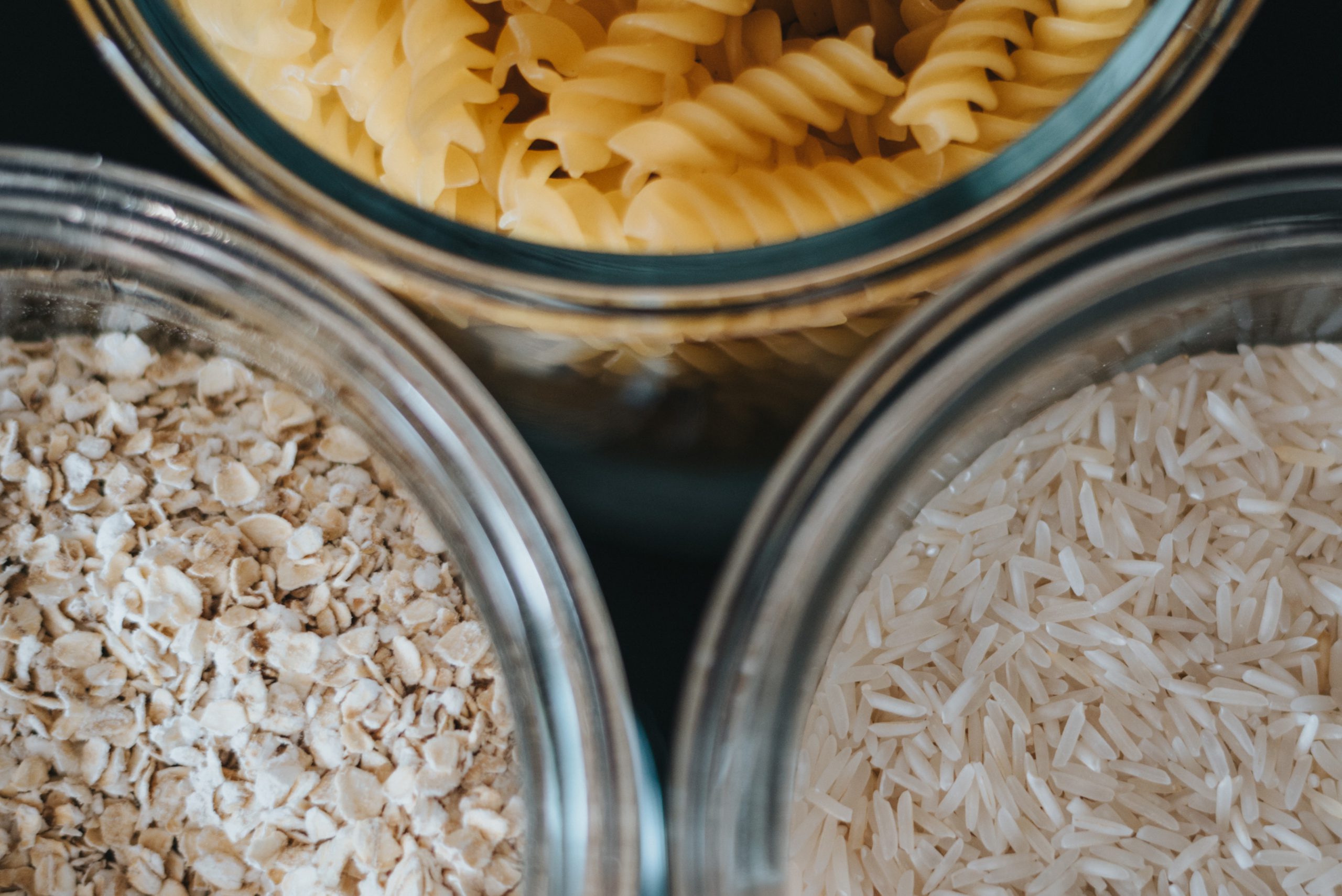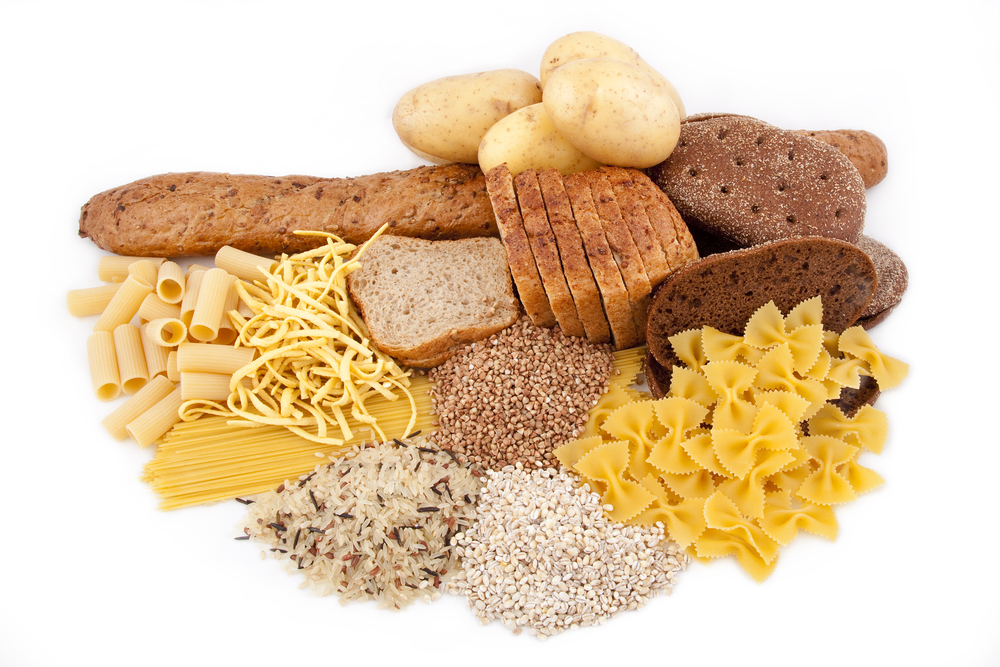Carbohydrates

Only one group of foods will directly affect your blood glucose levels. These are carbohydrates. Carbohydrates are nutrients that are an important source of energy. During digestion, all carbohydrates will be broken down into glucose, which is absorbed directly into the blood and is used as the body’s preferred source of energy. The actual amount of carbohydrate the body needs varies depending on your age, weight and activity levels. However, remember that the more carbohydrate you eat, the bigger the impact on your blood glucose levels. Balancing your carbohydrate intake evenly throughout the day and choosing foods that your body breaks down slowly can help to keep your blood glucose levels under control.
Remember, your energy requirements increase very little throughout your pregnancy. During the last three months of your pregnancy, you only need 200 calories more per day than you normally would. Keep this in mind when you are thinking about your diet.
Sources of Carbohydrates
Carbohydrates can be classified into two main types – starchy and sugary carbohydrates. The majority of your daily intake should come from starchy carbohydrates. Where possible, you should choose wholegrain and wholemeal varieties of food, fruit, vegetables and dairy, with sugary food and drink only being enjoyed occasionally in small amounts.
Starchy Carbohydrates
Starchy carbohydrates are found in foods such as:

- Bread / Naan / Chapattis
- Potatoes
- Sweet potatoes
- Yams
- Pasta
- Rice
- Noodles
- Breakfast Cereals
- Cous Cous,
- Cracked Wheat,
- Quinoa
- Pizza
Starchy carbohydrates are a good source of energy and nutrients, so they are important to include in your diet. However, when digested, they will be broken down into glucose and have an impact on your blood glucose level. If you notice that your blood glucose levels are within your given target range, but higher than 7.8mmol/l 1 hr after eating (or 6.4 mmol/l 2 hours after eating), you should consider reducing the amount of carbohydrate you eat as part of your meal.
Reducing the amount of starchy carbohydrate at a meal can sometimes make you feel hungry later on. To help prevent this, you may want to try and fill up on extra vegetables or salad with your meals, or include small low-carb snacks throughout the day.
Example of Reducing Carbohydrate Starchy Portions at Evening Meal
You had a large plate of spaghetti bolognese with 3 slices of garlic bread for your evening meal and you notice that every time you do, your blood glucose levels are greater than 7.8 mmol/l one hour later. To try to stop this from happening the next time, you could have less pasta and 1 slice of garlic bread with a side salad. Making these changes will reduce the total amount of starchy carbohydrate at your meal and can help to lower your blood glucose level. You may want to learn to count the carbohydrate in your meals, if so you should ask to speak with a specialist diabetes dietitian.



Leave a Reply
You must be logged in to post a comment.